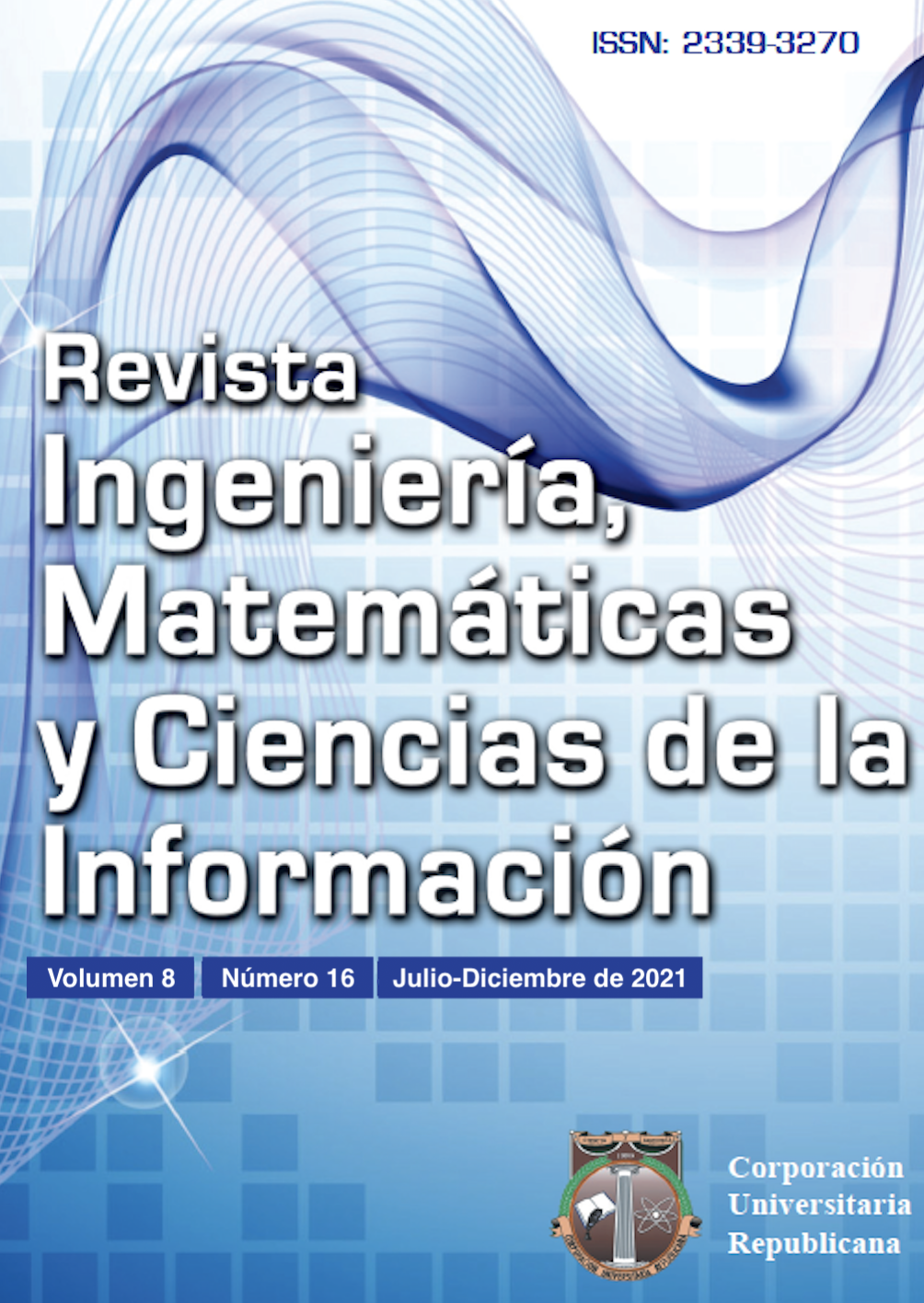Knowledge Management System based on high quality standards for a higher education program
SISTEMA DE GESTIÓN DEL CONOCIMIENTO BASADO EN ESTÁNDARES DE ALTA CALIDAD PARA UN PROGRAMA EDUCACIÓN SUPERIOR
Show authors biography
Knowledge management is a useful tool for the competitiveness of many organizations. The higher education sector is particularly oriented towards adherence to this type of schemes, since its nature implies constant institutional learning based not only on its own experience but also on the exchange of knowledge in the academic environment. In Colombia, higher education institutions perceive an opportunity for improvement in the high quality standards of the National Accreditation Council, which requires an infrastructure oriented to the strategic knowledge management. This article presents the experience of implementing a prototype of a knowledge management system in a higher education undergraduate program. It describes the phases of the process and its relationship with the technological platform that supported the development. The conclusions highlight the advantages of the exercise, emphasizing institutional learning, the importance of the technological platform and, finally, reflections on knowledge management as a fundamental axis of accreditation processes.
Article visits 933 | PDF visits 643
Downloads
- M. Perez Montoro, «Gestión del conocimiento: orígenes y evolución,» Profesional de la información, vol. 25, no. 4, pp. 526-534, 2016.
- I. Chiavenato, Introducción a la Teoría General de la Administración, 7 ed., McGraw-Hill Interamericana, p. 110. 2006.
- A. Canals, «La gestión del conocimiento,» in Acto de presentación del libro Gestión del Conocimiento, 2003.
- C. González-Campo, G. Murillo-Vargas and M. García-Solarte, «Efecto de la acreditación institucional de alta calidad sobre la gestión del conocimiento,» Formación universitaria, vol. 14, no. 2, pp. 155-164, 2021.
- B. Millett, T. Te’o, D. Rhodes, J. Clarke and S. Carswell, «SharePoint portal as a strategic management and planning tool: University of Southern Queensland (USQ) as a case study,» Institutional Research, Innovation and Change in Universities of the 21st Century, 2005.
- E. Moresi, «Inteligência organizacional: um referencial integrado.,» Ciência da Informação , vol. 30, no. 2, pp. 35-46, 2001.
- M. Vaquiro Motta, Artist, Prácticas de Gestión del conocimiento en las. [Art]. Universidad Católica de Manizales, 2018.
- A. F. Uribe Acosta , «La Gestión del conocimiento en Instituciones de Educación Superior (IES) de Medellín,» Institución Universitaria Esumer, pp. 243- 258, 2013.
- J. Rowley, «Is higher education ready for knowledge management?,» International Journal of Educational Management, vol. 14, no. 7, pp. 325-333, 2000.
- Y. Acevedo Correa, C. A. Aristizábal Botero, A. Valencia Arias and L. Bran-Piedrahita, «Formulación de modelos de gestión del conocimiento aplicados al contexto de instituciones de educación superior.,» Información tecnológica, vol. 31, no. 1, pp. 103-112, 2020.
- M. Lindvall and L. Rus , «Knowledge Management for Software Organizations,» Managing Software Engineering Knowledge, 2001.
- I. Arpaci, «Antecedents and consequences of cloud computing adoption in education to achieve knowledge management,» Computers in Human Behavior, vol. 70, pp. 382-390, 2017.
- C. Y. Barón Hernandéz and E. Caicedo Rojas, «Transformación digital, un desafío en la educación superior,» Inventum, vol. 16, no. 30, pp. 3-11, 2021.
- Consejo Nacional de Acreditación, «Lineamientos y aspectos por evaluar para laacreditación en alta calidad de programas académicos,» Bogotá, 2021.
- G. Murillo Vargas, C. H. González Campo and M. García Solarte, «Efecto de la acreditación institucional de alta calidad sobre la gestión del conocimiento,» Formación Universitaria , vol. 14, no. 2, pp. 155-164, 2021.




